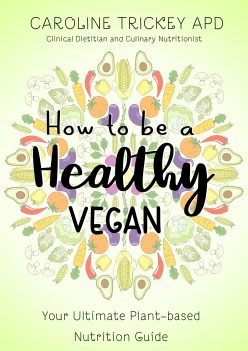8 reasons why I don’t want to hear about your diet
Here is a great article talking about how diets (written by a therapist who works in the non-dieting space), how they restrict us, prevent us from feeling truly happy and being the person we want to be
My favourite parts are….
…a fatphobic, food-obsessed world where their friends, family, colleagues, acquaintances, healthcare providers, and even strangers provide them with exactly the wrong kind of advice.
Please stop!
…it’s time to call you out if you’re talking about your latest diet, and especially if you’re trying to impose it on someone else. Even if you mean well.
2.
Did you know there are lots of people who fit the culture’s definition of a “healthy weight” who are using very unhealthy practices to stay there?
3. Diet Conversations Are Boring
A lesson in The Diet Survivor’s Handbook reads: “Avoid diet conversations: They are boring, encourage competition among women, and keep you from knowing your true nature and spirit.”
I have to agree. (AND SO DO I!!!)
…the consequences of that weight cycling include greater risks for eating disorders, health problems, depression, lower self-esteem, and weight gain.
5. Haven’t You Been Down This Path Before?
You’re talking about your diet like you’ve finally found the answer (that includes you, Oprah!). But if this isn’t your first diet, you know what happens. It’s happened to me many times.
It feels so good when the weight comes off and you feel virtuous and in control and everyone gives you compliments. I have to admit I’m a bit jealous as I watch you lose weight. But do you remember what the shame feels like when the weight comes back and no one says a word?
I do.
6.
Diet companies thrive on us feeling shame about our bodies, and while just about any diet works in the short-run, they almost always fail in the long-term. Rather than blaming the diet, we end up blaming ourselves.
If we can lose the shame and blame, think about what we can gain together. We haven’t failed our diets; our diets have failed us!
7.
But did you know studies show that how you feel about your weight affects physical and psychological health more than the number on the scale?
People who are unhappy with their bodies have higher blood pressure and fasting glucose levels than those who are at the same weight and feel fine about their bodies, and this is true in every BMI category.
So when you’re talking about dieting for weight loss, you’re suggesting that I should only feel good about my body at a certain size, which is actually bad for my health.
8.
Let’s all work toward changing the cultural climate about dieting, eating, weight, and body image. There’s a lot you can do to make a difference.
Stop dieting. Stop using fat-shaming talk about your body – and anyone else’s body. Don’t tell or laugh at “fat jokes.” Stop referring to food as “good” and “bad” as if it were a moral issue.
Instead, enjoy your own relationship with food by reconnecting to your signals for hunger and fullness. Learn how to eat a wide variety of foods that nourish your own unique body. Engage in behaviors that improve health and well-being without focusing on weight. Respect the natural phenomenon of weight diversity. Challenge your internalized ideas about beauty and body size.












